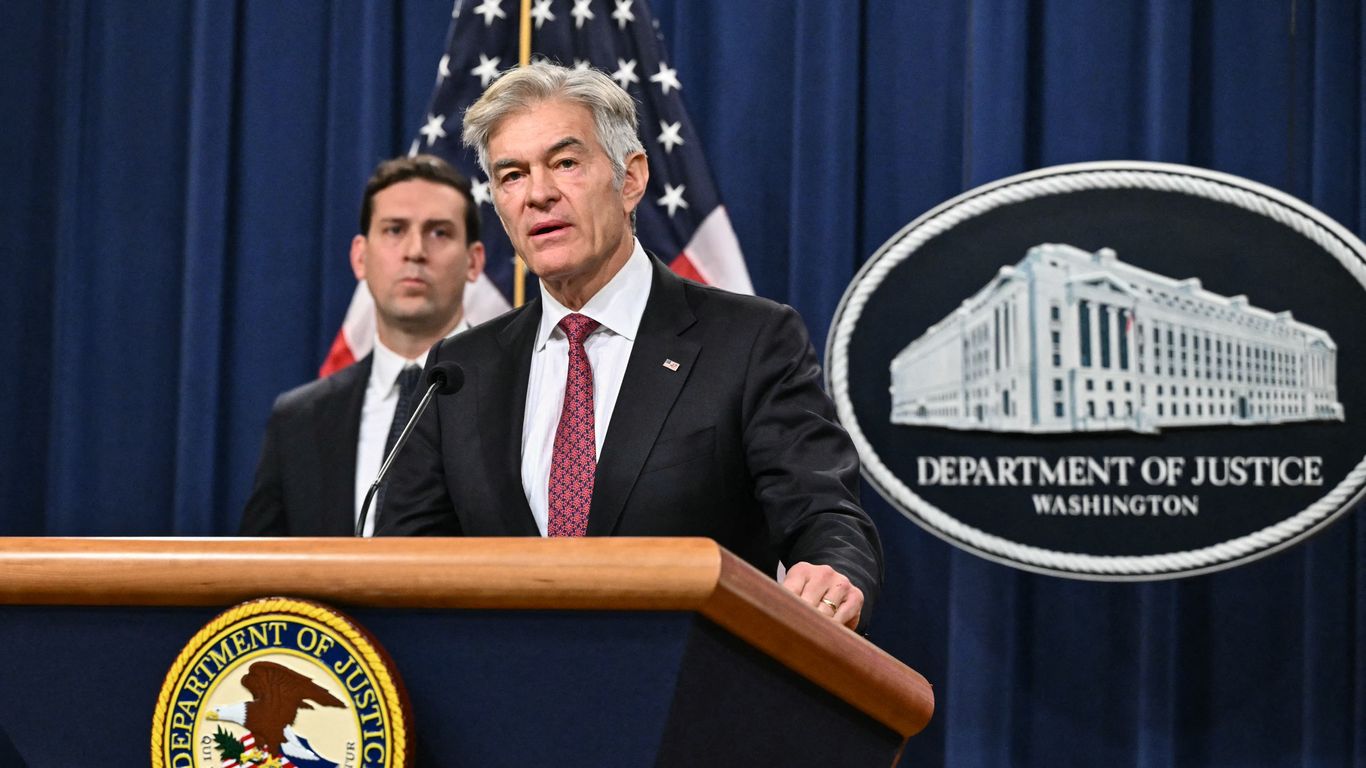Healthcare Crisis: How Republican Policies are Shaping America's Future

The US healthcare system is facing a critical juncture, and recent actions by Senate Republicans are significantly reshaping its landscape. With the passage of President Trump's bill, a wave of changes is poised to impact millions of Americans, particularly those reliant on Medicaid. This legislation, hailed by some as a necessary reform, is drawing intense scrutiny for its potential consequences.
Medicaid Overhaul: A New Era of Restrictions
At the heart of the bill lies a dramatic overhaul of Medicaid, the government-funded program providing healthcare to low-income individuals and families. For the first time, the bill introduces work requirements for Medicaid recipients – a controversial measure intended to encourage self-sufficiency and workforce participation. Critics argue this will disproportionately affect vulnerable populations, including those with disabilities, chronic illnesses, and limited job opportunities.
Furthermore, the legislation restricts states' ability to finance their share of Medicaid costs. This limitation could severely impact state budgets and potentially lead to reduced access to care for Medicaid beneficiaries. States, traditionally having some flexibility in how they fund their portion of the program, now face stricter guidelines.
The Ripple Effect: Potential Consequences
The implications of these changes are far-reaching. Healthcare providers in states heavily reliant on Medicaid may face financial strain, potentially leading to reduced services and closures. Individuals and families who rely on Medicaid for essential healthcare services could experience disruptions in care, leading to poorer health outcomes. The long-term impact on public health and the economy remains a subject of intense debate.
The Republican Perspective: Reform and Responsibility
Republicans argue that the bill is a crucial step towards reforming a broken healthcare system and promoting individual responsibility. They contend that work requirements incentivize recipients to find employment and contribute to society. They also believe that limiting state financing flexibility will curb wasteful spending and ensure the program's long-term sustainability. The goal, they say, is to create a more efficient and accountable healthcare system.
The Opposition: Concerns and Criticisms
Democrats and healthcare advocates have strongly condemned the bill, arguing that it will strip millions of Americans of essential healthcare coverage. They contend that work requirements are punitive and fail to address the underlying barriers to employment faced by many Medicaid recipients. Concerns have also been raised about the bill's potential impact on rural hospitals and healthcare providers, which often serve a large proportion of Medicaid patients.
Looking Ahead: A Contentious Future
The passage of this bill marks a significant shift in healthcare policy and sets the stage for a contentious future. As states begin to implement the new regulations, the impact on healthcare access, affordability, and quality will be closely monitored. The debate over the role of government in healthcare is likely to continue, shaping the future of America's healthcare system for years to come.


:max_bytes(150000):strip_icc()/VWH-GettyImages-2194594906-efca9f2c6dcb4efa8cee44d817882c68.jpg)


